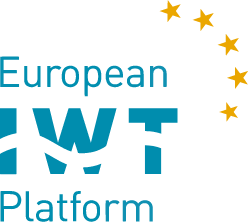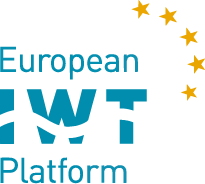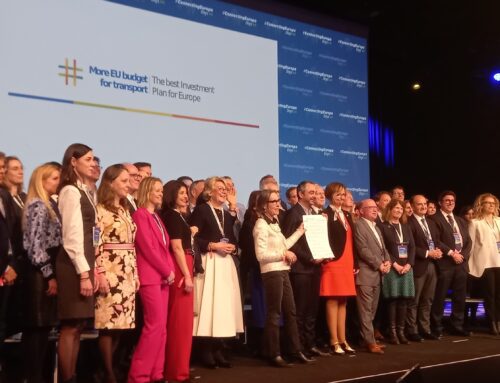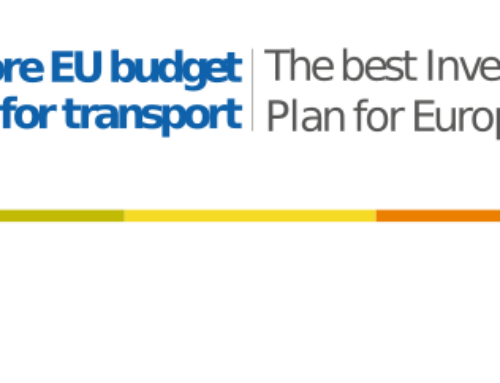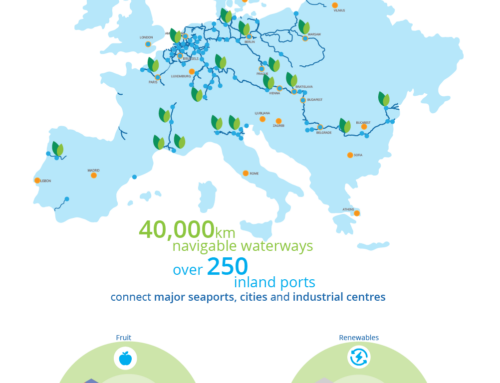The European Economic and Social Committee (EESC) has met at the January Plenary session, where the inland navigation topic has been discussed in detail. We note with appreciation that in its adopted opinion – drafted by Mr Mateusz Szymański – the EESC supports transport multimodality and smart shipping, pointing out that inland waterway transport is essential for the future and needs to be maintained and developed.
As pointed out, the EU needs to continuously adapt European transport to current and future needs, especially in view of the changes in demand and the upwards trend in seaport turnover. The key features must be the principle of multimodality and smart shipping, i.e. tapping into the advantages of the various modes of transport to achieve the best possible results, while at the same time increasing safety and reducing the environmental burden.
This is the main message of the opinion addressing the Commission’s Communication on “NAIADES III: Boosting future-proof European inland waterway transport”. Mr Szymański confirms that NAIADES III is an important action plan. ‘’The EESC supports efforts to increase the share of inland waterway transport (IWT) in passenger and freight transport. There is huge potential in this area, which is still lying dormant. We need political will and commitment at many levels to set up support measures for the development and maintenance of infrastructure and the promotion of IWT as a career sector. The TEN-T network also needs to be updated to respond to new transport trends.’’
Other points emphasized by the EESC are:
Development and maintenance: infrastructure is key
In principle, the EESC supports the proposed goals and objectives of the Communication. However, the Committee recommends prioritising objectives – with infrastructure as a key element to underpin the development and maintenance of inland waterway transport – in order to bring about real change. Otherwise, ship owners will not take the risk of investing in a modern fleet, and the local authorities will not be interested in creating intermodal terminals.
New technologies call for new skills and qualifications for crews
Having an excellent crew on board, their skills and appropriate qualifications is crucial for safe and efficient navigation on the waterways. At the same time, new technologies require investing and learning new skills and qualifications, and investment in this area is very much needed.
We were happy to see that the EESC stresses the need for Member States to properly implement Directive (EU) 2017/2397 on the recognition of professional qualifications in inland navigation. In addition, employment conditions, including working time rules, adequate social protection legislation for the posting of workers and occupational health and safety in the sector, should be improved.
European, national and local authorities must join forces
The EESC also points out that many of the announced and planned actions have so far not been implemented. It is therefore vital for everyone relevant to be fully involved and determined to achieve these objectives. This also applies to funding sources – in this aspect, the EESC is disappointed that, unfortunately, investment in IWT features only to a limited extent in the national recovery plans submitted by the Member States.
